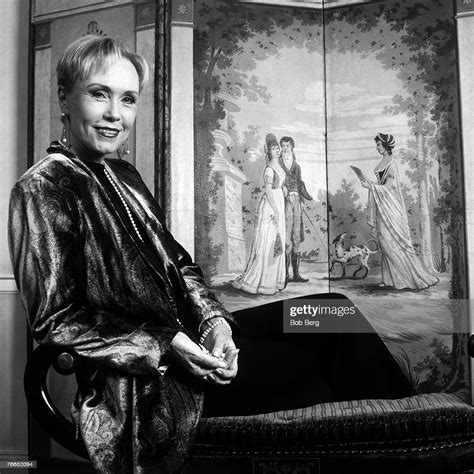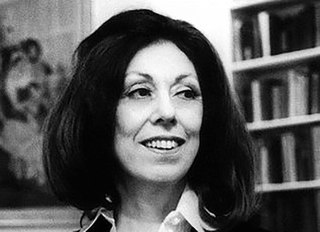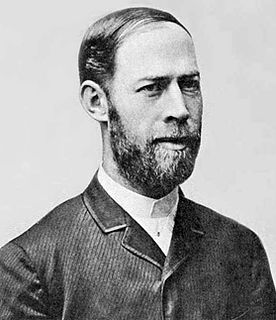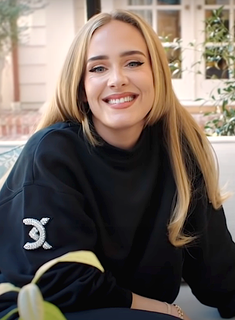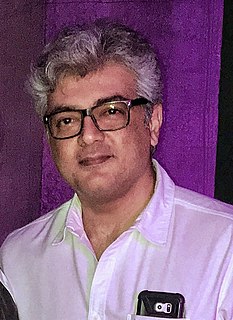A Quote by Jane Yolen
I write to satisfy the story or poem or piece of fascinating research that speaks to me. To rub a sore, to resonate with joy, to answer a question no one else has satisfactorily answered for me.
Related Quotes
Do women dress for men or women? I’ve always wondered why that eternally provocative question is put in terms of approval - as if the heart of the matter, the answer, were indeed a question of approval by either sex. But the question is never satisfactorily answered because it is incorrectly posed. It’s disapproval, the fear of it, that motivates most women, and with disapproval it doesn’t matter where it comes from.
[My father] impressed upon me from the first, that the manner in which the world came into existence was a subject on which nothing was known: that the question, "Who made me?" cannot be answered, because we have no experience or authentic information from which to answer it; and that any answer only throws the difficulty a step further back, since the question immediately presents itself, "Who made God?
To be a scientist you have to be willing to live with uncertainty for a long time. Research scientists begin with a question and they take a decade or two to find an answer. Then the answer they get may not even answer the question they thought it would. You have to have a supple enough mind to be open to the possibility that the answer sometimes precedes the question itself.
I write because to write a new sentence, let alone a new poem, is to cross the threshold into both a larger existence and a profound mystery. A thought was not there, then it is. An image, a story, an idea about what it is to be human, did not exist, then it does. With every new poem, an emotion new to the heart, to the world, speaks itself into being.
Our confused wish finds expression in the confused question as to the nature of force and electricity. But the answer which we want is not really an answer to this question. It is not by finding out more and fresh relations and connections that it can be answered; but by removing the contradictions existing between those already known, and thus perhaps by reducing their number. When these painful contradictions are removed, the question as to the nature of force will not have been answered; but our minds, no longer vexed, will cease to ask illegitimate questions.
When it comes to staying myself - my career isn't my life, it doesn't come home with me. So it's a piece of piss staying grounded and not being changed by it. The same things I've always liked still satisfy me. My team's the same and my group of friends are the same. Of course I'm bowled over by people's response to 21, and when I meet artists I love, it blows my mind. But it baffles me as well. I go home and my best friend laughs at me, rather than going to a celebrity-studded party to rub shoulders with people who know me but who I don't know. I'm Z-list when it comes to that sh**.
The poem is not, as someone put it, deflective of entry. But the real question is, 'What happens to the reader once he or she gets inside the poem?' That's the real question for me, is getting the reader into the poem and then taking the reader somewhere, because I think of poetry as a kind of form of travel writing.

